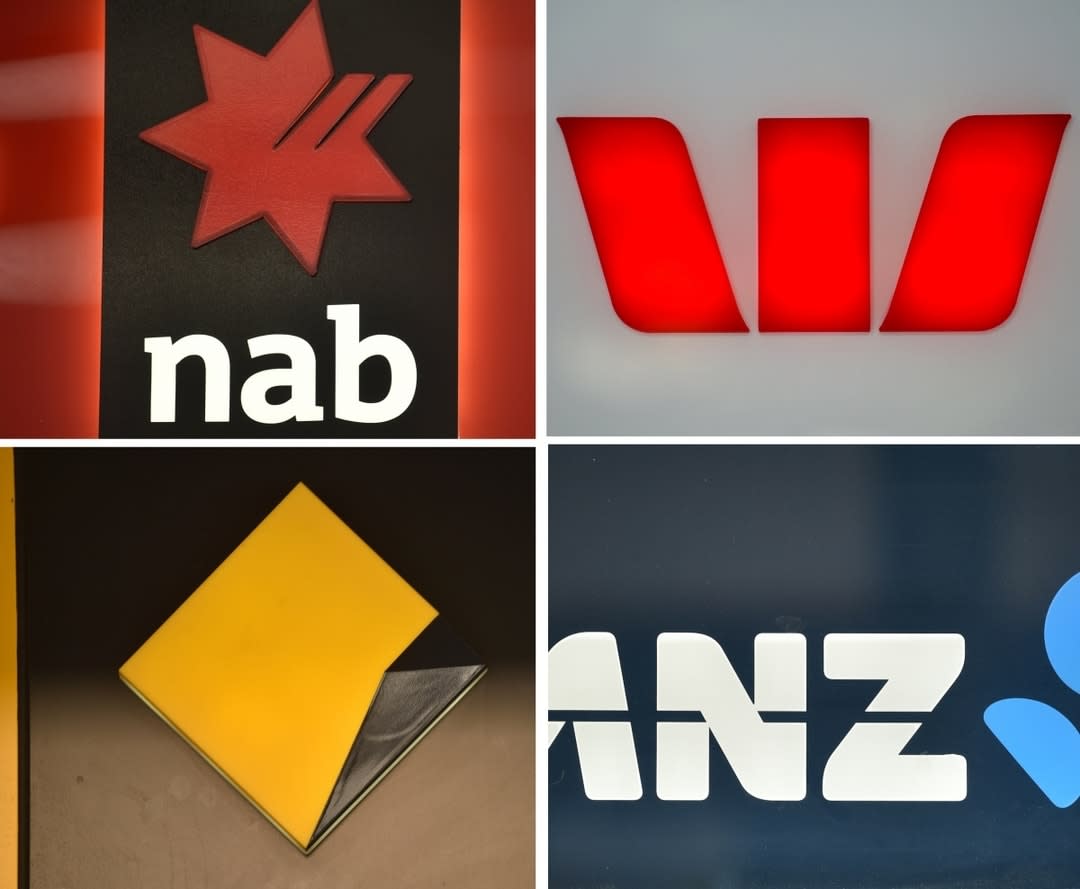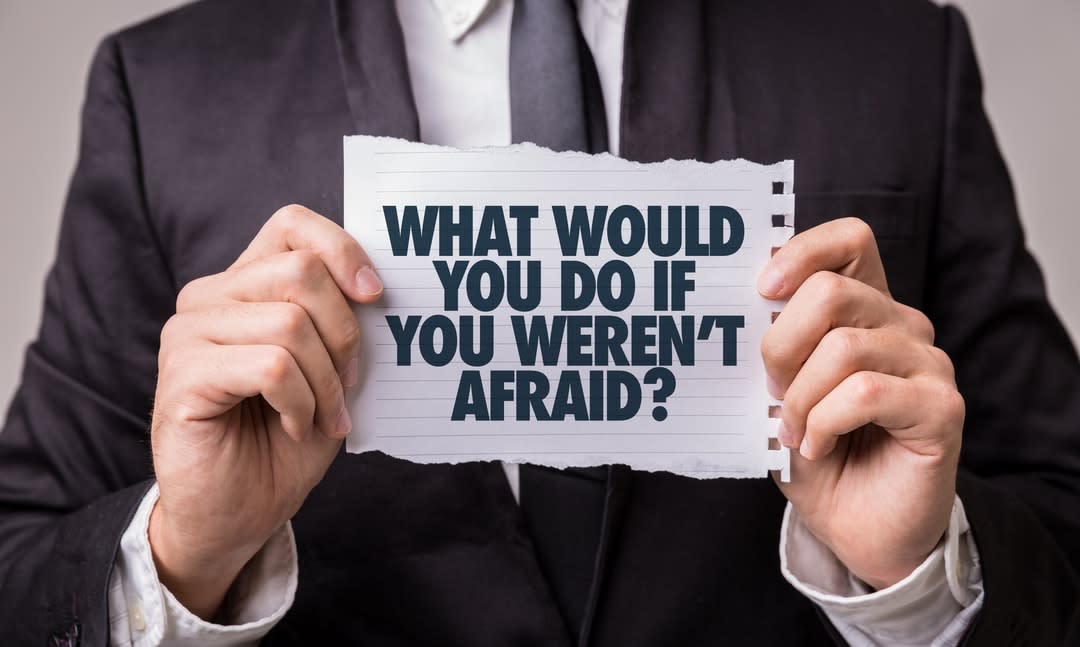
Prime Minister Scott Morrison’s call for Westpac directors to review the performance and position of now former CEO Brian Hartzer continues to underscore an endemic problem not just with CEOs, but with directors themselves.
Specifically, directors of underperforming firms are overpaying their CEOs.
Despite the findings and recommendations of the banking royal commission, the sector continues to provide cases in point. While his bank was laundering money for child exploitation and the firm’s profitability fell by 16 per cent in the year to September, Hartzer received more than $5 million.

ANZ CEO Shayne Elliott received $5.1 million while retail and commercial cash profits at the bank fell by 10 per cent this past year.
NAB interim CEO (and chairman-elect) Phil Chronican will take home millions, even as he earmarked $2 billion of remediation costs, and admitted 255 breaches of credit law resulting from the royal commission.
As CEO of CBA, Ian Narev pocketed about $45 million as the bank laundered money for drug dealers and fraudulently sold financial products.
For customers, employees and shareholders, whether these CEOs chose to forgo short-term bonuses or weren’t paid as much as last year are beside the point.
As directors continue to make CEOs wealthy, regardless of their performance, they disable their CEOs’ sense of vulnerability to their firms’ performance. By vulnerability, we mean CEOs’ perception that their assets and livelihood are exposed to losses from their firms. The stronger the perception of vulnerability, the more CEOs act like business owners rather than hired guns.
When CEOs perceive and see vulnerabilities, including in themselves, they're more likely to get the right help.
Few jobs are tougher than being CEO of a large company, with the average CEO tenure at larger firms at about five years.
While CEOs should be well-compensated, making them even wealthier while their stakeholders suffer disables CEOs’ perception that they’re susceptible to losses from the business.
Incoming NAB CEO Ross McEwan is poised to make many millions of dollars from the bank by virtue of assuming the role, regardless of bank performance.
Four essential roles
Monash Business School research shows that more vulnerable CEOs are better-positioned to play four essential roles.
First - they’re more likely to respond early and forcefully to endemic and systemic concerns such as cybersecurity, disruptive technology or troubled product development.
According to James Dyson, of Dyson Limited: “I liked living on the edge. All those years that my house was in hock to the bank. I liked the danger, the idea that everything depended on getting that next product right in every way."

Second - it forces CEOs to seek and maintain better relationships within and outside the business.
When CEOs perceive and see vulnerabilities, including in themselves, they're more likely to get the right help.
Trust is predicated on vulnerability, because CEOs who have nothing to lose also have nothing to gain from trusting others. By pretending they and their firms are bulletproof, CEOs become isolated, and even delusional.
AFL club Richmond has staked its success on using players’ vulnerabilities to develop more open and caring relationships among the playing group.
Without getting to the bottom of their business’ vulnerabilities, CEOs cannot hope to be authentic leaders, because they can’t be in touch with their precarious personal and professional situation.
Third - they’re less prone to hubris.
Having studied CEO hubris in business for more than 20 years as an investment banker and business school professor, it’s clear to me that identifying what can go wrong is not enough. What’s needed is deep-seated, unrelenting unease and fear of failure that comes with being vulnerable.
When Michael Chaney was CEO at Wesfarmers, for instance, he insisted that his team wear t-shirts with “No hubris” on them. The other side of the shirts could well have read, “How are we vulnerable?”.

Fourth - more vulnerable CEOs can better support business culture.
Culture involves the notion that “we’re all in this together”. However, outsized CEO compensation when the business is underperforming and layoffs ensue destroys trust and confidence in the leader.
In leading Starbucks and shaping its culture, Howard Schultz noted that: "The most undervalued characteristic of leadership is vulnerability and asking for help."
What should directors do?
There are some obvious remedial steps.
Deferring CEO compensation makes CEOs vulnerable to actions that inflate short-term company performance and bonuses, but lead to problems that become clear after they depart.
Ensuring that CEOs take salary as both equity and cash will help convince stakeholders that CEOs will act more like business owners.
But these don’t get to the heart of the matter. Rather, placing business vulnerability as the lead agenda item on board meetings is a means of setting the tone for CEO behaviour and compensation.
Accomplished leaders are invaluable, and in short supply, in business.
When they and the business perform well, they should be exceptionally well-rewarded, and boards are good at that.
However, that doesn’t absolve directors from their responsibility of confronting the vulnerabilities that challenge their businesses today.
The time is now for directors of underperforming firms to stop overpaying their CEOs.
Find out more about this topic and study opportunities at the Graduate Study Expo





